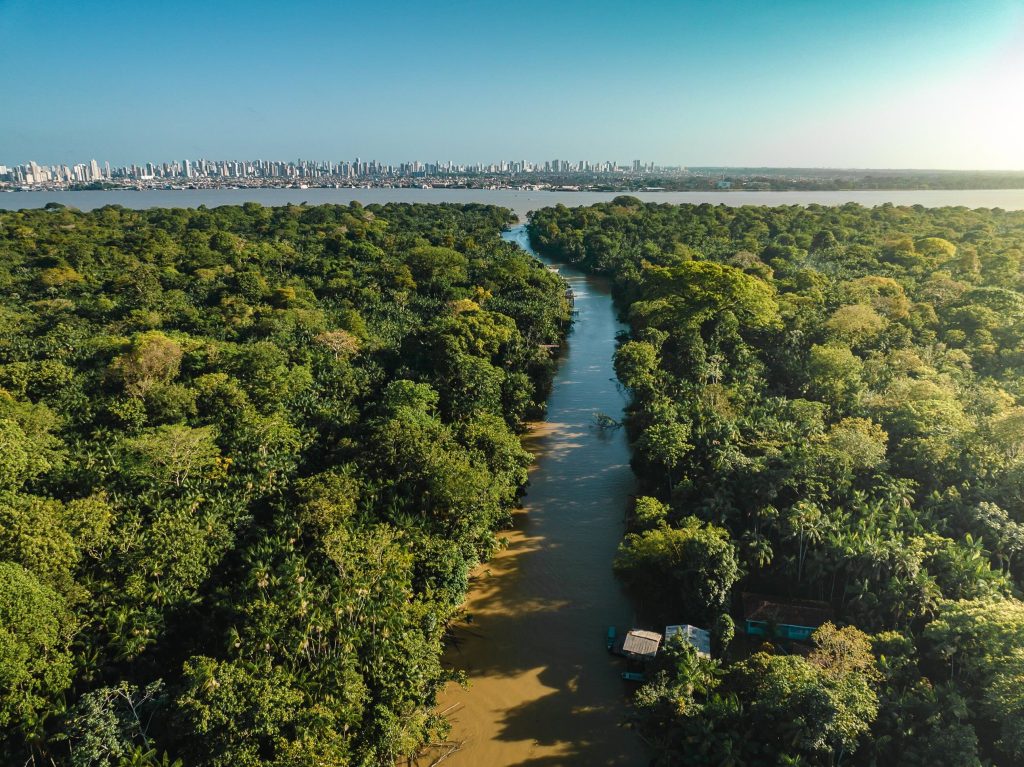As the world prepares for the 30th United Nations Climate Change Conference (COP30) in Belém, Brazil, from 10 to 21 November 2025, young people in the country are already engaging with the fundamentals of climate change and the role of diplomacy in shaping global climate policies.
In collaboration with the International Training Centre for Authorities and Leaders in Curitiba (CIFAL Curitiba), the Green Development and Climate Change Programme (through UN CC:Learn) delivered an interactive learning session to students from the Escola Sesi de Referência Internacional de Londrina and the Colégio Sesi Internacional. The presentation was led by Ms. Cristina Rekakavas and Ms. Lisa Maina, both from the programme, who guided students through the science and history of climate change, its framing as a global challenge, and the international system set up to address it.
The session introduced students to the history of climate negotiations and the main treaties that underpin international climate cooperation, including the UNFCCC, the Kyoto Protocol, and the Paris Agreement. Students also explored how diplomacy works at the COPs, learning about negotiating groups, the role of youth, and the issues expected to take center stage in Belém this year, such as raising ambition, protecting forests, mobilizing finance, and ensuring inclusive participation.
To bring these lessons to life, students engaged through quizzes and exercises, stepping into the shoes of global leaders to debate and decide on climate action plans. This hands-on approach helped them experience firsthand the challenges of balancing diverse national priorities with the urgent need for collective action.
By equipping students with the knowledge, skills, and global perspectives to engage with climate diplomacy, the session highlighted the importance of youth in international climate processes and inspired them to see themselves as contributors to global solutions.

